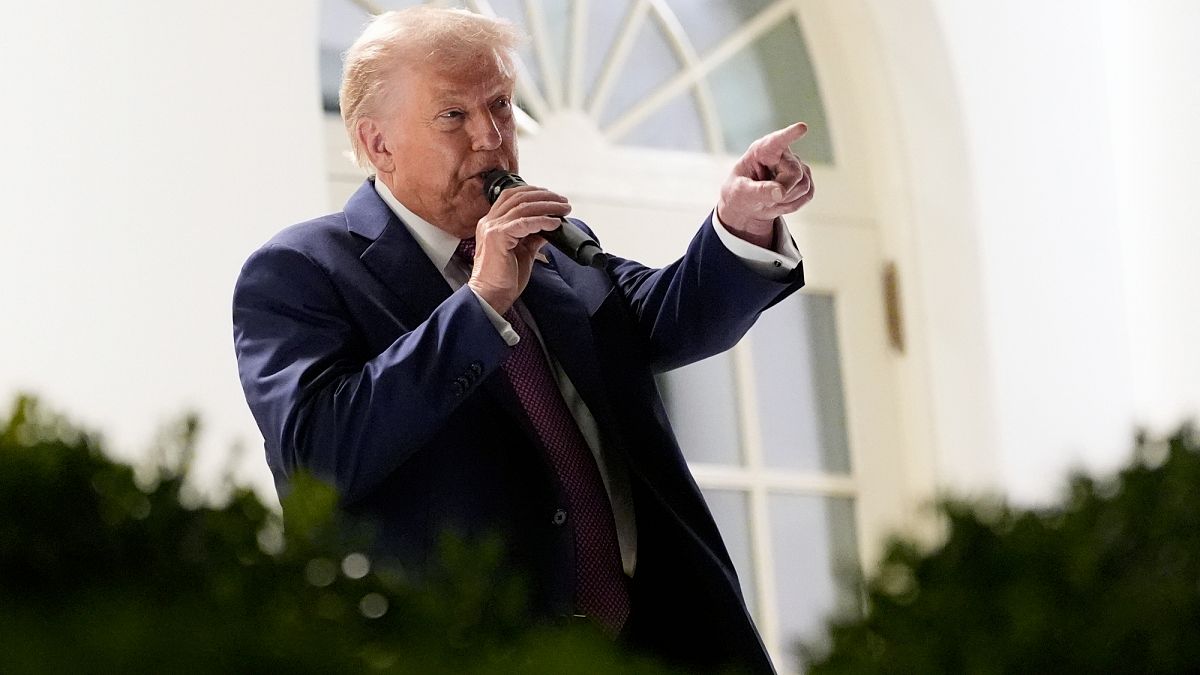

In recent days, a series of events have highlighted the intricate dynamics between economic strategies and political maneuvering, offering a pause for reflection on their broader implications.
The European Union recently imposed a significant antitrust fine on tech giant Google, totaling €2.95 billion. This decision has stirred notable reactions from several quarters. Former President Donald Trump expressed his discontent regarding the fine, describing it as unfair and discriminatory. Indicating a potential for diplomatic discourse, he conveyed intentions to engage in dialogue with the European Union, signaling a path toward addressing the perceived imbalances. This development underscores the ongoing dialogue concerning regulatory practices and competitive fairness in a rapidly evolving digital economy.
Turning to economic indicators, the release of the latest US jobs data has introduced changes within financial markets. Although Wall Street reached unprecedented highs, the excitement dwindled with the unveiling of the less-than-stellar employment figures. This news has fueled expectations that the Federal Reserve might contemplate a reduction in key interest rates during its upcoming meeting. Such anticipated monetary policy adjustments emphasize the importance of adaptive strategies in steering the economic landscape amidst fluctuating employment metrics.
On the financial front, the creation of a Spanish megabank is underway, as Banco Bilbao Vizcaya Argentaria (BBVA) secures approval to acquire Banco Sabadell. This move has been in the making since last year when Banco Sabadell fended off unsolicited acquisition interests. The consolidation within the banking sector reflects an enduring trend towards stability and strength, providing a framework for resilience and efficiency in financial operations. This step could have lasting impacts on the banking landscape, influencing both domestic and international financial strategies.
Amid these economic shifts, domestic politics are also capturing attention. Former President Trump’s recent responses to historical protest footage and discussions of potential federal actions have revived conversations around governmental policies and actions. Rumors of increased federal involvement in immigration enforcement, particularly in cities like Boston, highlight ongoing dialogues and tensions related to immigration policy. As discussions continue, the importance of maintaining a balance between security and community relations remains a crucial aspect of public discourse.
In sum, these events collectively draw attention to the careful balancing act required in navigating modern economic and political landscapes. Amidst evolving policies and market responses, the importance of dialogue, adaptability, and forward-thinking outlooks remains ever-present. It is within these frameworks that future actions will likely unfold, led by a commitment to understanding and cooperation in addressing both national and global challenges.
Source: {link}
